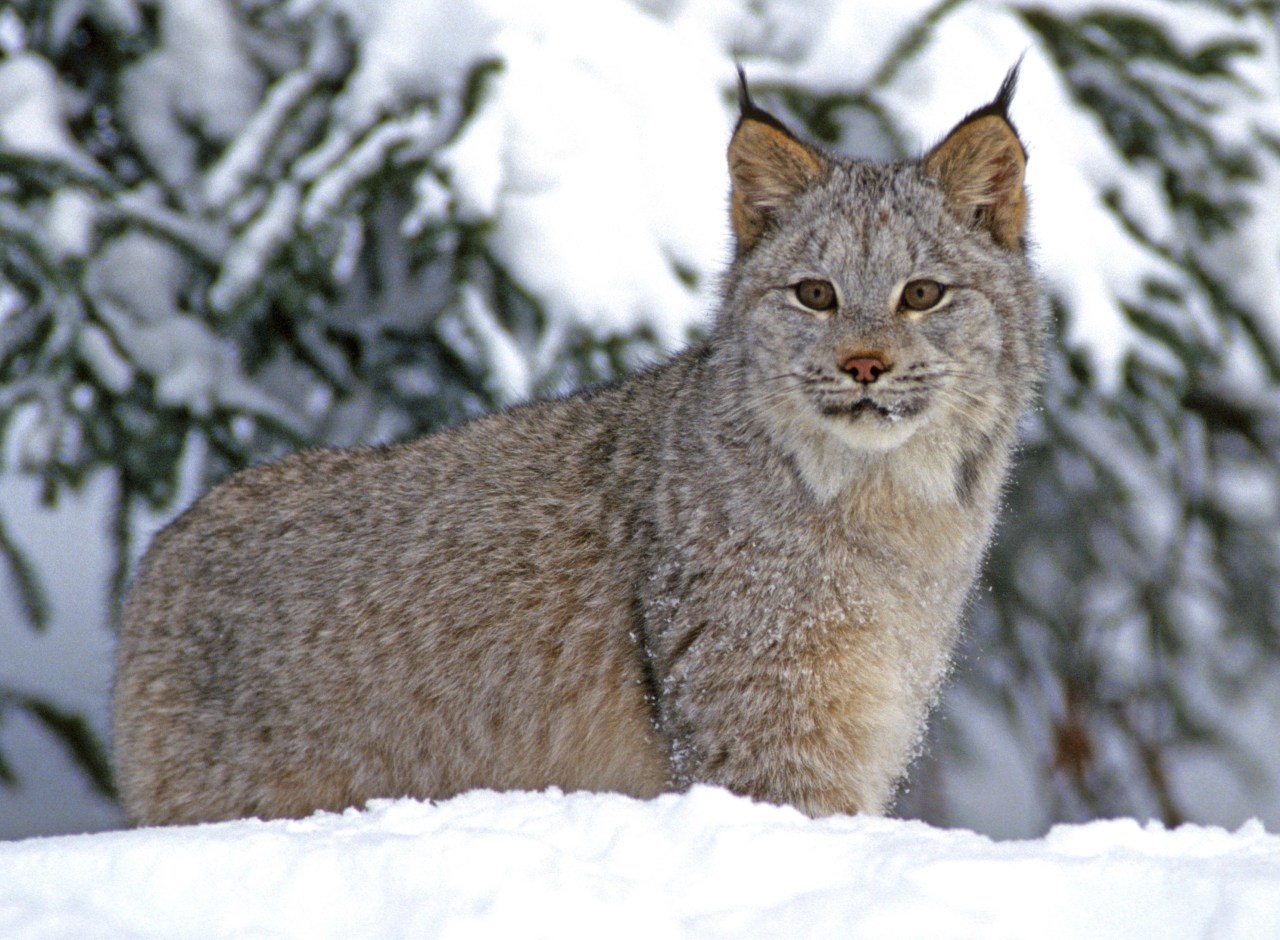Take action for Washington’s wildlife
Conservation Northwest / Jan 14, 2020 / Action Alert, Restoring Wildlife
WILD NW Action Alert #299: Washington’s fish and wildlife have been under-funded for years. Contact state lawmakers and urge them to support full-funding!
Yesterday, along with 44 other conservation, environmental and outdoor recreation leaders, we sent a letter to state lawmakers calling on them to end the under-funding of Washington’s fish and wildlife—and the budget cuts that are putting lynx, sharp-tailed grouse, steelhead and other iconic species at risk.
The chronic lack of funding for our state public lands and water access sites since the Great Recession also under-invests in the outdoor opportunities Washingtonians demand, places and activities critical to the Evergreen State’s quality of life.
Now, we need you to take action by calling on your state lawmakers to support fully-funding our fish and wildlife heritage!
For years, Washington’s Department of Fish & Wildlife (WDFW) has faced a significant budget shortfall of more than $31 million. $60 million was requested last legislative session to fill the gap and provide improved services and innovative conservation programs for our state’s diverse wildlife.

In a huge disappointment, last year’s 2019-20 Operating Budget included only a $24 million “increase” for WDFW; $7 million short of filling the funding gap and less than half of what’s needed for the agency to meet the demands of Washingtonians for our outdoor heritage. Lawmakers also increased payroll expenses at state agencies, adding another $13 million to the department’s budget need this biennium.
WDFW now faces an approximately $20 million budget shortfall going into the 2020 supplemental session that begins this week, and that’s just to provide basic services.
The agency is requesting $26 million from the state General Fund to support fish, wildlife, habitat and public lands. Along with many other local outdoor leaders, we strongly support this request. Threatened species identified under State Wildlife Action Plans badly need more support, and they can’t keep waiting forever.
The case for fully-funding WDFW remains evident. Not only are Washington’s wildlife and ecosystems critical to our quality of life, they are under increasing pressure from our state’s burgeoning population and increasing development. WDFW is the agency primarily tasked with sustaining our state’s priceless natural heritage against these threats.
Thank you for taking action for fish and wildlife funding! For more background on this issue, please VISIT OUR WEBPAGE.


